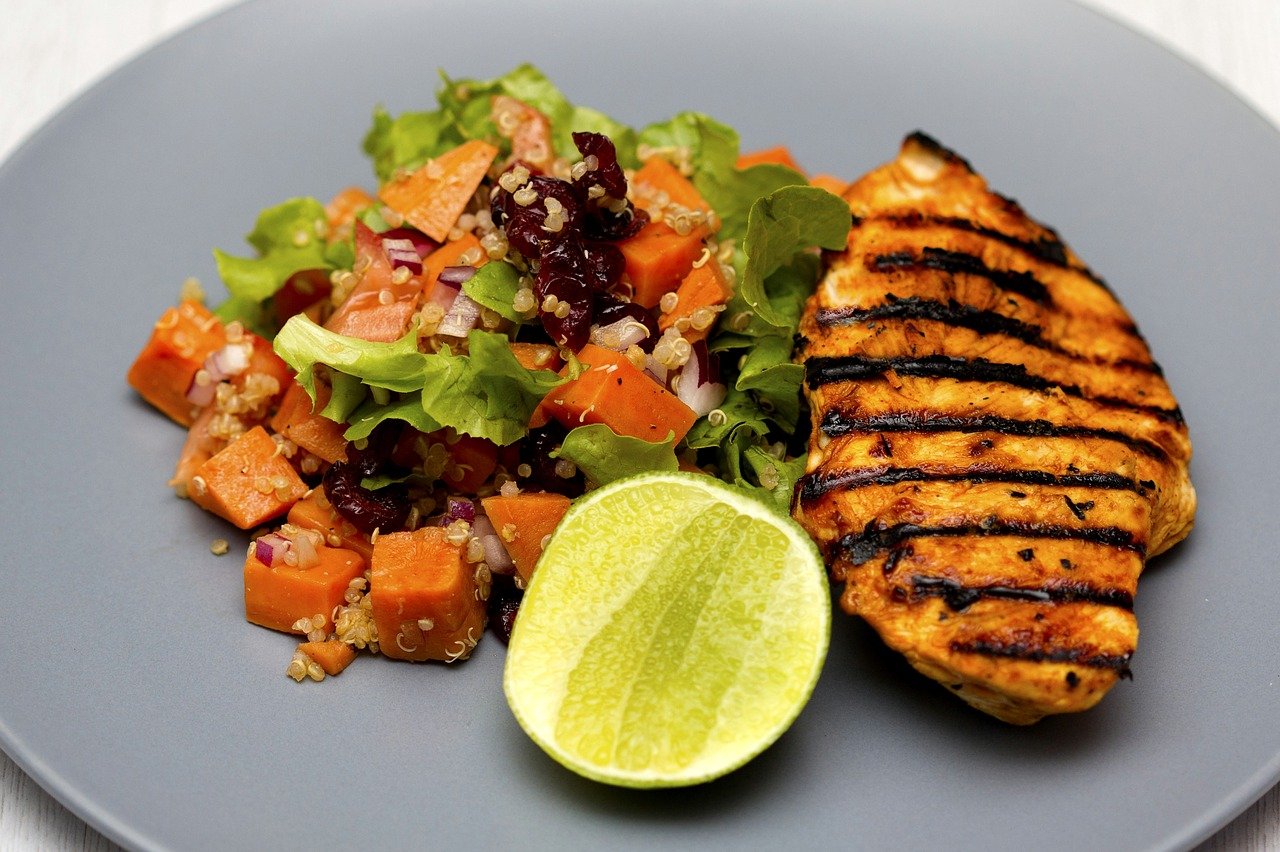Skin health is directly dependent on nutrition. Here are some of the healthy diet plans to improve skin conditions. Nutrition is significant for health. An unhealthy diet can harm your metabolism, cause weight gain, and even harm organs, like your heart and liver.
Be that as it may, what you eat additionally influences another organ — your skin.
Seafood and Fish
The first place in the rating of skin-friendly products is occupied by seafood and fish. They contain omega-3 fatty acids – they are responsible for the “nutrition” and hydration of the skin. In the autumn-winter period, adding these products to the diet is especially important, since at this time the skin begins to lose moisture.
A few investigations show that fish oil enhancements might assist with battling provocative and immune system conditions influencing your skin, like psoriasis and lupus
In addition, seafood is rich in vitamins A and E, which improve skin health, as well as zinc, which affects the body’s production of collagen, which is necessary for skin elasticity. In terms of the effectiveness of the effect on the skin among seafood, oysters occupy the first place (they have a very high zinc content). When choosing a fish that is useful for beauty, everything is simple: the fatter it is, the more omega-3 it contains.
Citrus
In addition to zinc, vitamin C is needed for the production of collagen. It has been scientifically proven that a daily intake of 500-1000 mg of this element has a beneficial effect on the immune system and slows down skin aging. Freshly squeezed orange juice (and other citrus juices), as well as spinach, sauerkraut, and rose hips, and are high in vitamin C.
Vitamin C is likewise fundamental for healthy skin. Your skin needs it to create collagen, which is the primary structural protein that keeps your skin solid and healthy (10Trusted Source).
Vitamin C deficiency is uncommon nowadays, however common side effects include dry, harsh, and scaly skin that will in general wound without any problem.
Vitamin C is additionally a cancer prevention agent that shields your skin from oxidative harm caused by the sun and the climate, which can prompt indications of maturing
Carrot
If your skin begins to peel off in the autumn-winter period, this is a signal that your body lacks vitamin A. They are especially rich in carrots, pumpkin, and other orange vegetables.
You can add baked vegetables with Greek yogurt or carrot juice to your healthy diet plan. Vitamin A is better absorbed together with fats, so it is better to add a small amount of cream to carrot or pumpkin juice.
Nuts
Nuts are an important healthy diet plan for healthy skin, as they contain vitamin E. It is he who is responsible for the correct balance of fat and moisture in the skin, which is especially important for residents of large cities.
If you regularly eat a handful of almonds, walnuts, and hazelnuts, it will soon affect your skin. Despite the benefits of nuts, some can negatively affect the quality of the skin. For example, peanuts.
It is believed that due to the scale of its industrial production, it often contains hazardous ingredients. By the way, before eating any nuts, it is important to rinse them well and soak them in water for several hours, and then dry them in the oven.
Olive and coconut oils
These oils are rich in vitamins A, D, E, and saturated fatty acids, which give the skin smoothness and elasticity. Coconut oil has the added benefit of being antibacterial and antifungal, making it an important part of your candida diet.

